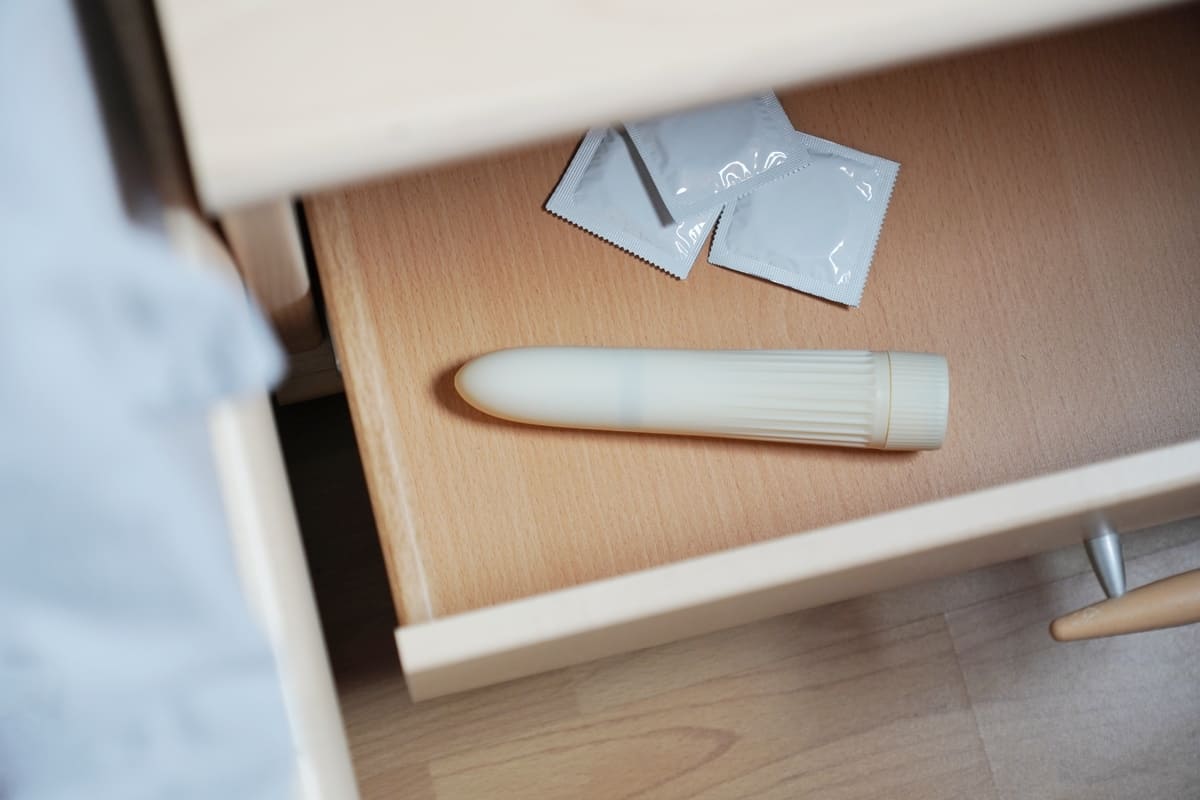Lesbian and bisexual women often fear that they’re being unsafe when engaging in sexual activity and they should be they are not practicing safe sex. There is also a chance that you haven’t had the sexual health education you need. This fear comes from the fact that lesbian and bisexual women have historically had fewer options for sexual health care and safer sex supplies. In this blog post, we will discuss a safe sex guide for lesbian and bisexual people. Read on to know more.
Whether it be lesbian or bisexual sex, all types of sex carry some level of risk. Sexually Transmitted Infections (STIs) can be spread through bodily fluids, semen, and blood, or from skin-to-skin contact during sex. It is possible to avoid getting or passing on sex if you use protection and practice safer sex.
In This Article
Here is a quick guide for safer sex for Lesbian and Bisexual
If you are having sex, in any form you can pass on or get many types of sexually transmitted infections. Here’s what you need to know to have safer sex to help stop you from getting or passing on any STIs and others:
Keep sex toys clean
Whether you are having lesbo or bisexual or normal sex there is always the risk of getting sexually transmitted diseases. So make sure each time you have penetrative sex involving different body openings, use a new condom to protect yourself. Don’t use the same sex toy in different parts of the body, wash it with soap and warm water, and don’t use the same sex toy with different partners without first washing it. Make sure to check for cracks where germs can cluster.

Use Dental Dam
If you have oral sex with a partner who has a vagina, there is a risk of passing on sexually transmitted diseases such as gonorrhea. This increases more if you or your partner have cuts or sores in your mouth, lips, or anus, there is a higher risk of this. A dental dam is a small square of latex that is used to stop the spread of sexually transmitted infections. It is a barrier between the valvula, the anus, and the mouth that why it is important to use when you are having lesbian, bisexual, or any format of oral sex.
Dental dams can be found in sexual health clinics, contraception clinics, or online. Even you can make your own dental dams by rolling out a condom, cutting off the ring and tip, and then cutting down the side to make a rectangle. So it is best if you are having lesbian or bisexual sex to use a dental dam for your safety.
Keep your hands clean
Some sexually transmitted infections can be passed on when hands or fingers are used to touch genitals. You are more at risk if you have cuts or sores on your hands, fingers, genitals, or anus. Washing your hands with soap and water is the best way to prevent the spread of sexually transmitted diseases. You can also use soap to wash your hands. A good soap to use is one that contains antibacterial agents. Make sure that the soap and water are hot enough so that the germs can be killed. The soap should be applied to your hands and washed off completely. You should also dry your hands well with a clean towel after you wash them.
Different types of contraception
There are many different forms of contraception that you can use when you are having lesbian or bisexual sex. Some examples of these include the contraceptive patch, the implant, the contraceptive pill, the contraceptive injection, the birth control ring, the contraceptive foam, the contraceptive sponge, the contraceptive vaginal ring, the contraceptive cervical ring, the contraceptive vaginal pill, the contraceptive injection, the contraceptive coil, and the contraceptive coil. You can learn more about these methods and their effects on the internet.
Get Screened for STIs
There are many different diseases that can affect your body, and most of them are caused by sexually transmitted infections. You should get screened for sexually transmitted infections regardless of lesbian, bisexual or straight, or any format of sexual activity. If you are having sex with someone else, you should get tested for STIs as often as you are going to have sex, and make sure your partner does that too. A doctor or nurse can easily check you for STIs. You should not assume that you are safe just because you haven’t had sex with anyone else in a while. You should make sure that you don’t have any STIs before you have sexual intercourse. You should also get tested for other STIs, such as HIV, hepatitis, syphilis, chlamydia, gonorrhea, genital herpes, trichomoniasis, and HPV.
When to Visit Doctor?
You need to see your doctor as soon as possible if you notice any of these symptoms, they can be symptoms of STI:-
- A sudden change in the color, odor or amount of vaginal discharge
- You or your partner is experiencing pain in between sex.
- Experiencing itching, tingling, or any burning sensation near genitals or anus area.
- Spotting discharge from the anus that’s green or yellow in color and even smelly.
- There are blisters, sores, spots, lumps, skin growths, and a rash around your genitals, anus, or in your mouth.
- Unexpected and unusual vaginal discharge.
- Experiencing pain and burning sensation when you are peeing.
- Unexpected pain in the abdominal area.
- Sore or swollen lymph nodes
- Spotting rashes on various areas of your body
If you experience any of these symptoms, it’s best to contact your doctor at priority and get tested for STIs, and follow as your doctor recommends.
To Conclude
These were a few of the common tips to keep in mind when having lesbian and bisexual sex for safer sex. It’s very important to be on the safer side when having sex. A few of these STIs are very dangerous and even can risk death. That’s why always follow the safety precautions and keep a check on your STIs.
Guessing would have known some of the common tips for having safer lesbian and bisexual sex, and with that also the symptoms of STIs. If you have any queries related to it mention them below in the comment box. Thanks for reading!!!

